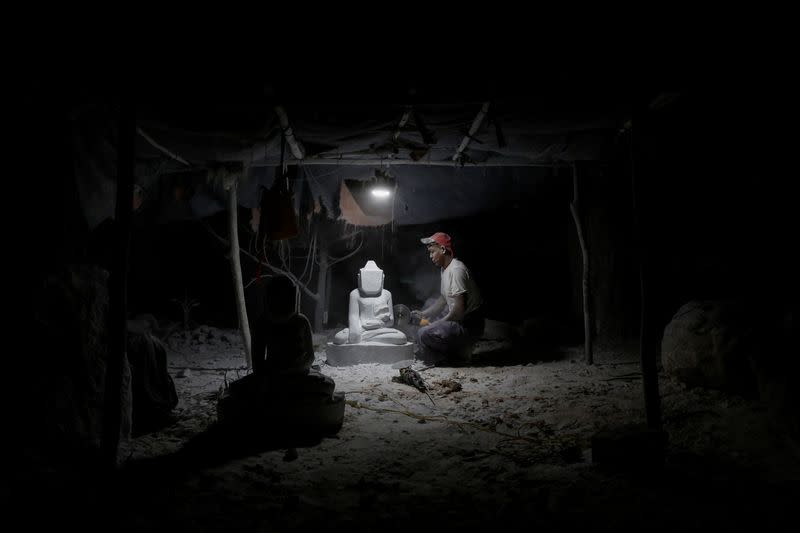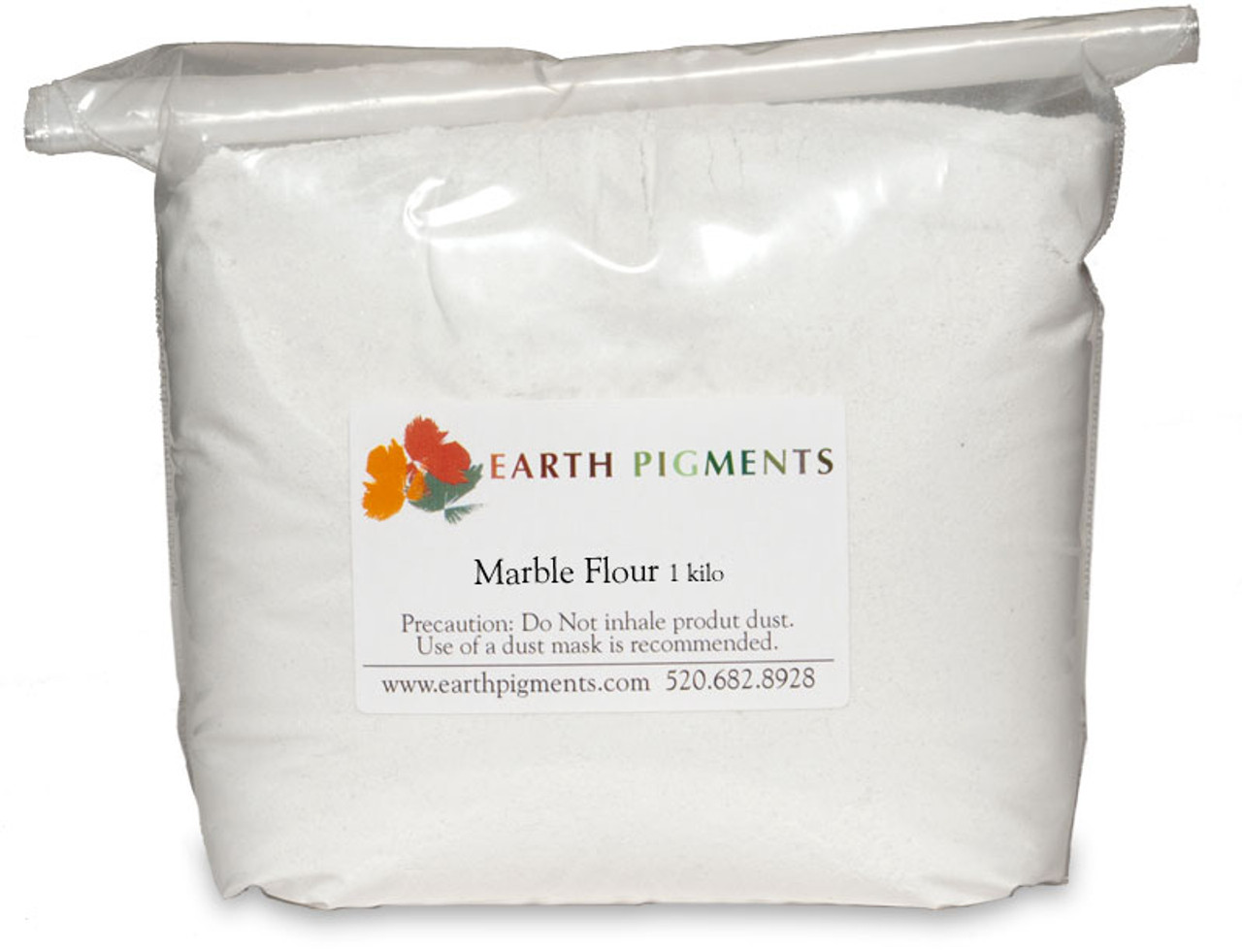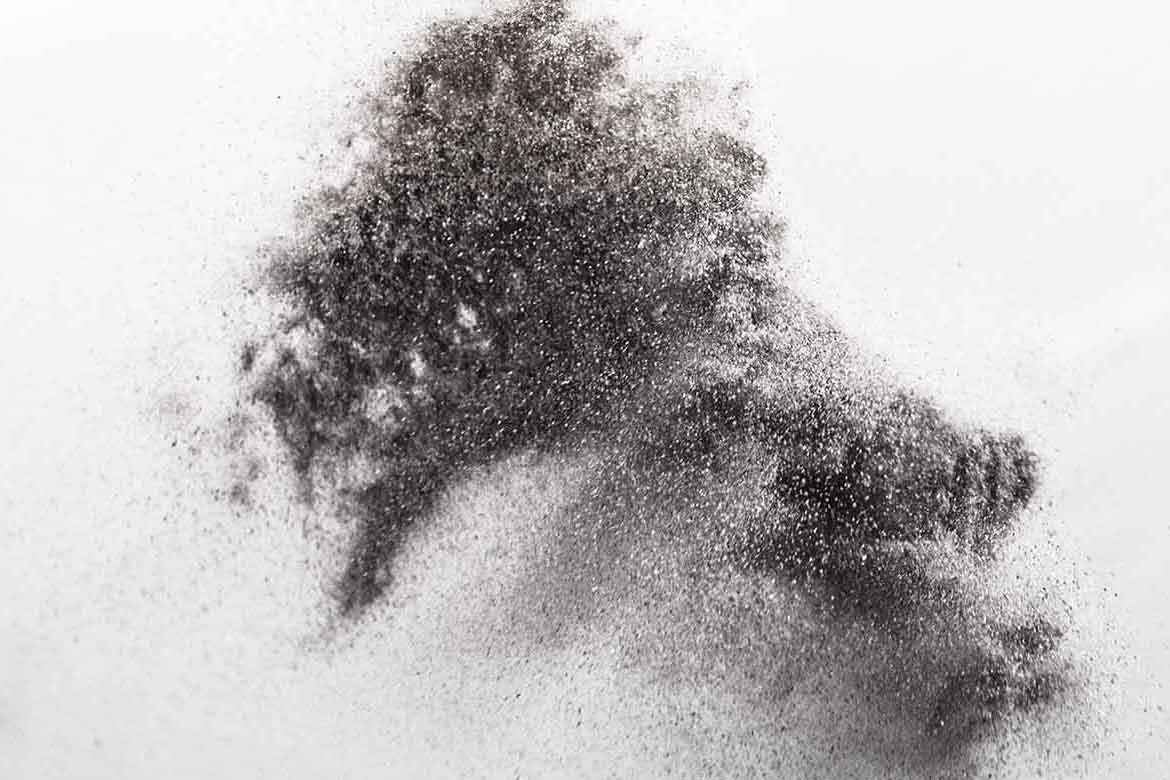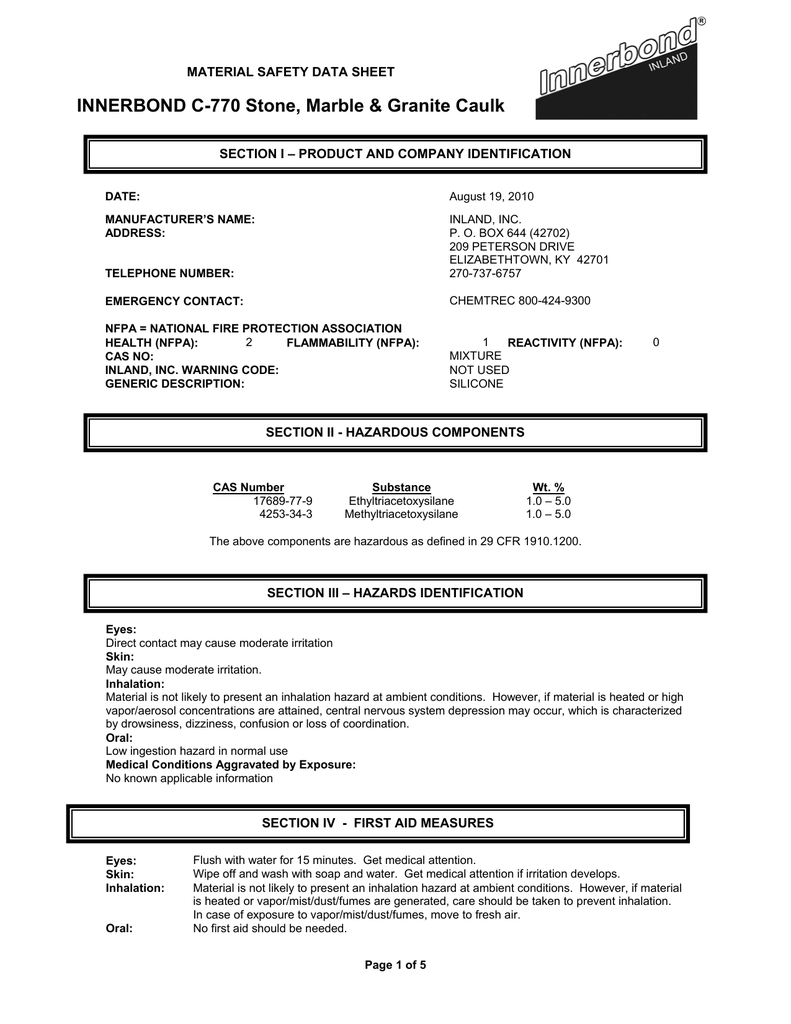Inhaling Marble Dust

Inhaling marble dust in other contexts has been linked to silicosis a serious lung disease that can be deadly.
Inhaling marble dust. Few workers wear masks or other protective clothing and several nursed rasping. Inhaling marble dust in other contexts has been linked to silicosis a serious lung disease that can be deadly. Same would go with pure marble dust. Healthy lungs constantly make mucus and we constantly clear our airways for precisely this sort of situation.
Marble dust is totally inert and cannot harm anything or anybody. It is a type of pneumoconiosis. Symptoms include a chronic cough and shortness of breath. Inhaling marble dust in other contexts has been linked to silicosis a serious lung disease that can be deadly.
Silicosis resulted in 46 000 deaths globally in 2013 down from 55 000 deaths in 1990. Silicosis is a form of occupational lung disease caused by inhalation of crystalline silica dust. Story continues few workers wear masks or other protective clothing and several. Silicosis is characterized by shortness of breath cough fever and cyanosis.
Inhaling marble dust causes toxic effects on the respiratory system. It is marked by inflammation and scarring in the form of nodular lesions in the upper lobes of the lungs. It may often be misdiagnosed as pulmonary edema pneumonia or tuberculosis. Having an air purifier in the space that collects the most dust can drastically reduce your allergy issues.
Slideshow 27 images few workers wear masks or other protective clothing and. Few workers wear. Dust particles get trapped in the mucus and we cough it up and out. Inhaling marble dust in other contexts has been linked to silicosis a serious lung disease that can be deadly.
Few workers wear masks or other protective clothing and several nursed rasping. Workers and residents living in areas adjacent to stone quarries are prone to a disease called silicosis whereby inhaled marble dust damages the cells of the respiratory system. Glass is also inert and non poisonous but i wouldn t recommend breathing in the dust. Of course we also usually breathe through our noses which have tin.














































